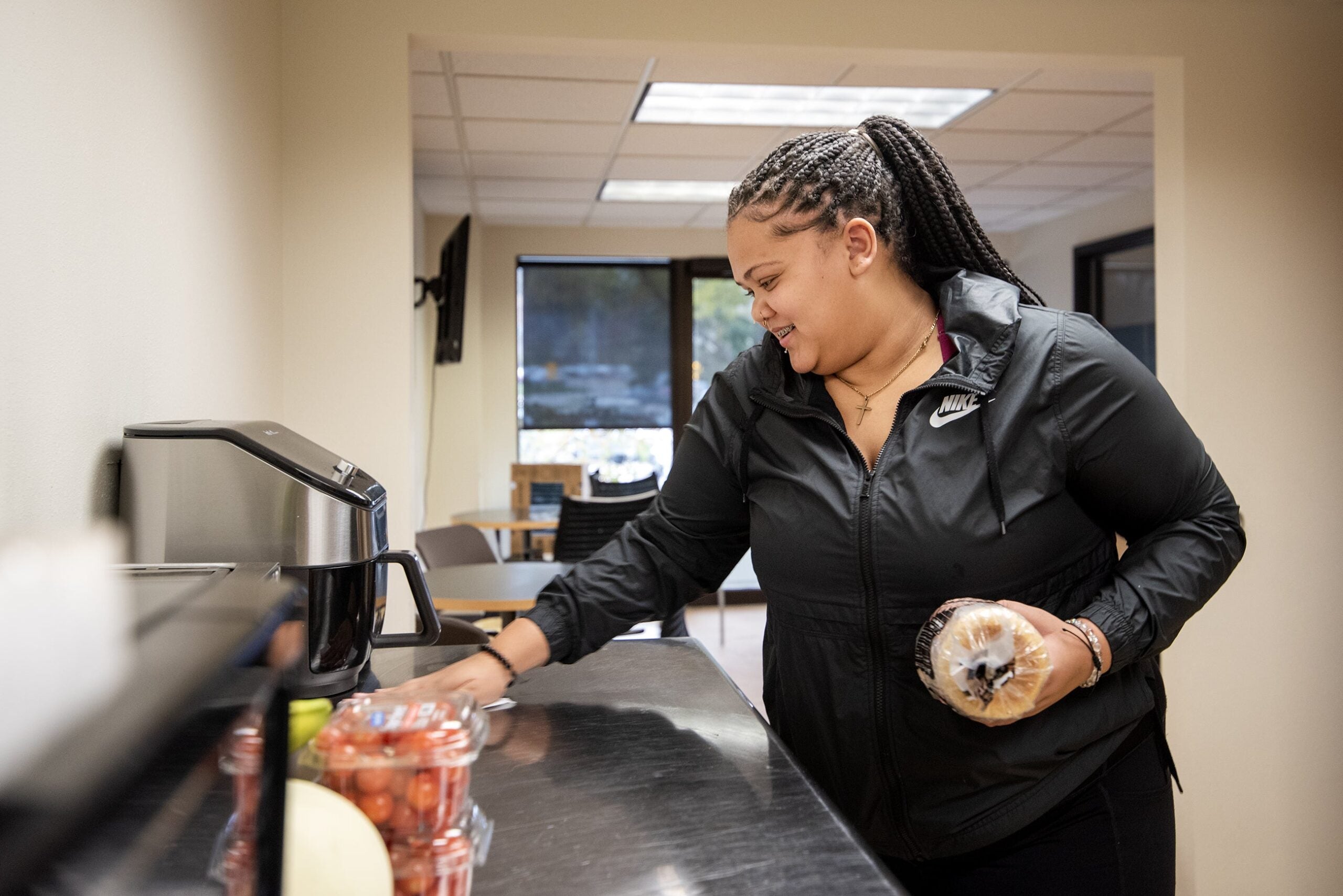We break down the $1.3 trillion omnibus bill President Donald Trump signed into law on Friday. Then, after losing her own son to a heroine overdose, one Wisconsin mother has created a group to offer support to other families dealing with addiction. We talk with the mother about her group, Saving Others For Archie (SOFA). We also talk with a former lawmaker about his resolution for potentially arming teachers in a Wisconsin school district.
Featured in this Show
-
What's In The $1.3 Trillion Omnibus Bill?
Calling the package “ridiculous,” President Donald Trump begrudgingly signed a $1.3 trillion omnibus bill on Friday, averting a government shutdown. We discuss what’s in the spending plan and what’s not, and examine the winners and losers.
-
Oconomowoc Mother Becomes Advocate For Opioid Awareness
Archie Badura was a 19-year-old Oconomowoc man with a magnetic smile. He loved people. His brother, Augie, was practically his best friend.
Archie died in 2014 of an opioid overdose. Now, his mother, Lauri, has become an advocate against addiction.
For years, Lauri had a folder on her computer titled “Saving Archie.” After Archie’s death, she started the nonprofit organization “Saving Others For Archie,” or SOFA, which aims to raise awareness about addiction.
“We all grieve in different ways,” she said. “But doing something to help others is the way I’m surviving my grief.”
Her approach is empathetic. As a mother who has lived through it, she helps people whose loved ones are struggling with addiction, by providing resources or just being a listening ear.
SOFA’s Facebook page even lists her phone number. She gets a few calls a week.
“I let them know that I am not a professional, but that … I’m there for them when no one was there for me,” she said.
SOFA is faith-based, and Lauri is adamant that prayer will play a part in the solution to the opioid epidemic.
One photo on SOFA’s Facebook page depicts Archie as a young boy with a shock of blonde hair, hands folded and eyes closed in prayer. It’s his first communion.
“We were really a faith-built family, all the way to the end,” Lauri said. “So I believe that he’s up there now helping me do what I’m doing down here. Because certainly I am not doing this on my own.”
At the White House Opioid Summit earlier this month, White House National Drug Control Policy Acting Director Jim Carroll read from a prayer card. He mentioned Archie’s name.
“One I keep on my desk is from a young man named Archie,” he said. “And it reads, ‘God of love, graciously ease our burdens from this epidemic.’”
Last week, Congress passed a $1.3 trillion spending bill that includes more than $4 billion in funding to tackle the opioid epidemic.
Lauri said she’s optimistic the funding will be put to good use. Adding that she hopes more money is funneled into both prevention and recovery services.
“I’m thrilled that there’s money coming. It’s so needed,” she said. “This past weekend alone, I worked with an individual trying to find treatment, and we still don’t have a bed for this individual in northern Wisconsin. We are so lacking beds right now for recovery.”
-
Family Turns Tragedy Into Advocacy Following Opioid Overdose Death
In 2014, 19-year-old Archie Badura was one of the 622 people who died as a result of an opioid overdose death in Wisconsin. In the years following his death, his family started an awareness campaign to highlight the dangers of opioids and the toll addiction can have on families. The Badura’s charity is called “Saving Others for Archie”, or SOFA. SOFA founder Lauri Badura joins us to talk about her advocacy and what she’d like to see change with the opioid crisis.
-
School Board Member's Plan To Potentially Arm Teachers
A former Republican state lawmaker-turned school board member is proposing a plan that, among other things, could pave the way to arming district teachers. The plan’s author, Don Pridemore of Hartford, discusses how it would work, why he says it’s necessary and describes the pitch’s other measures.
Episode Credits
- Judith Siers-Poisson Host
- Bill Martens Producer
- J. Carlisle Larsen Producer
- David Primo Guest
- Lauri Badura Guest
- Don Pridemore Guest
Wisconsin Public Radio, © Copyright 2026, Board of Regents of the University of Wisconsin System and Wisconsin Educational Communications Board.
